Pregnant and postpartum women face unique challenges in the context of the COVID-19 pandemic and may be at increased risk for mental health problems in this setting. In a recent study, Cynthia Liu, PhD and colleagues from Brigham and Women’s Hospital in Boston analyzed data from a cross-sectional online survey of 429 postpartum women conducted between May 19 and August 17, 2020. The goal of the study was to better understand the impact of the COVID-19 pandemic on women during the postpartum period, and participants answered questions about COVID-19-related experiences, pregnancy, stress, and well-being.
Consistent with other studies carried out before the pandemic, women with postpartum depression were more likely to report lower quality of maternal-infant bonding. On the other hand, postpartum anxiety symptoms did not affect the quality of bonding. While COVID-19-related grief was associated with lower quality bonding, COVID-19-related health worries were associated with higher quality of maternal-infant bonding.
Mothers who reported higher levels of maternal self-efficacy reported’ higher quality of maternal-infant bonding. Although previous studies have linked higher levels of social support with decreased risk for postpartum depression and anxiety, it appears that higher levels of social support did not have a significant impact on the quality of bonding.
In an interview with Dr. Liu in Medscape, Dr. Liu emphasizes that while this study suggests that maternal anxiety is associated with higher quality maternal-infant bonding and depression is associated with lower quality bonding, we should not conclude that postpartum anxiety is actually a good thing. Perhaps this is one of those situations where anxiety is adaptive, where it actually serves some purpose. When these women were interviewed, there was a real crisis, and this COVID-driven anxiety helped them to take care of their infants. At a time when social supports from outside of the home was so limited, mothers who were able to focus and rely on their own skills felt better about what they were doing and the quality of their interactions with their infant.
This study performed in the context of the pandemic reaffirms prior studies indicating that postpartum depression is associated with lower quality mother-infant bonding. In addition, pandemic-related grief was associated with lower quality bonding. It is reassuring, however, that anxiety related to the pandemic did not compromise the quality of mother-infant bonding. Caregiving confidence, but not social support, was associated with higher quality maternal-infant bonding. Given these findings, the authors emphasize the importance of screening for both postpartum depression and COVID-19-related grief during maternal follow-up and pediatric visits.
Ruta Nonacs, MD PhD
Liu CH, Hyun S, Mittal L, Erdei C. Psychological risks to mother-infant bonding during the COVID-19 pandemic. Pediatr Res. 2021 Oct 14.
Pandemic Impacts Postpartum Mother-Infant Bonding in Multiple Ways (Medscape)

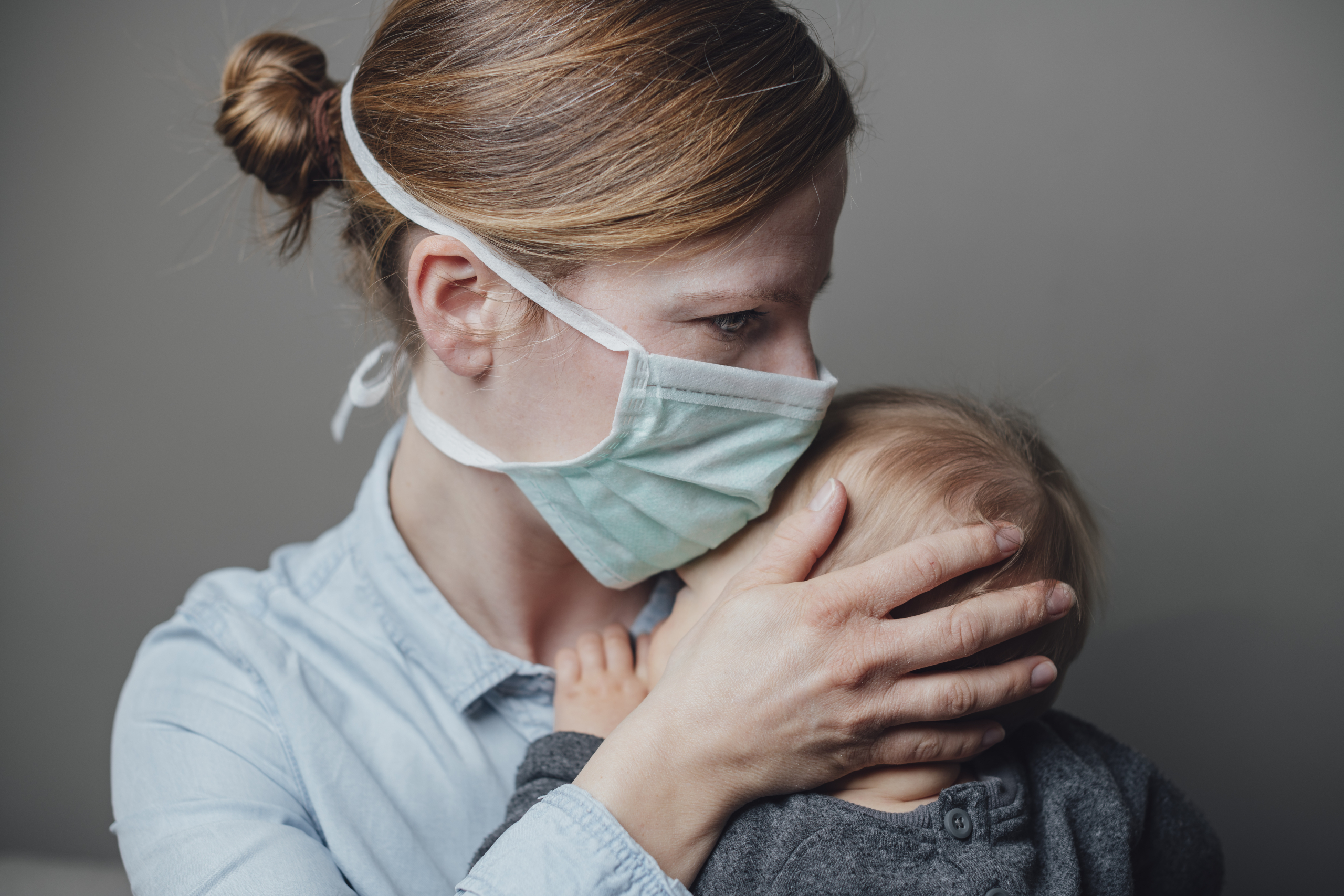
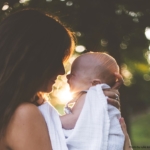
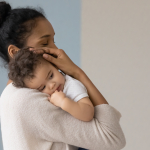

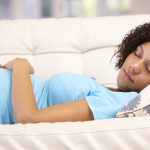
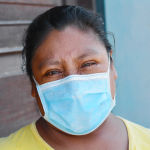

Leave A Comment